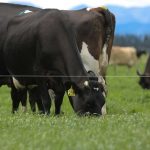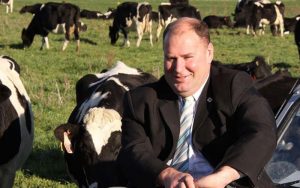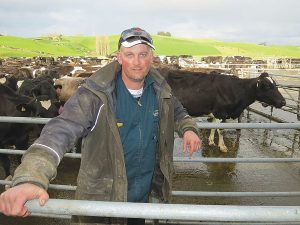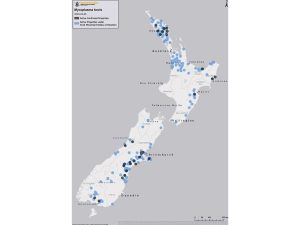
Several clear years needed before authorities can declare disease defeated in New Zealand.
New Zealand currently has zero confirmed cases of Mycoplasma bovis but the job is not done yet, say those managing the control programme.
In the final M bovis stakeholder update before the programme is handed over to OSPRI, the Ministry for Primary Industries (MPI) acknowledged that farmers have played a critical role in reaching the zero-case milestone.
The support of the livestock industry, meat and dairy processors, testing labs and vets also continues to play a key part in the ongoing success of the eradication effort.
“But the job’s not done yet. It’s important that we protect the investment and gains made to date,” general manager disease control, planning and integration Simon Andrew said.
“Although the last confirmed infection was identified this time last year, several years of surveillance and zero confirmed infection is needed to provide confidence that M bovis is absent on NZ farms.
“Changes to the programme are more likely as we gain further confidence that M bovis is absent.
“This will ensure that we continue to adapt to the work ahead, minimise cost and any disruption to farmers.”
From January 1 2025, several changes will come into effect but, while there will be some changes to the delivery of the programme, it is anticipated that overall most farmers will not notice any significant differences.
Change to the programme framework will see the M bovis programme move to the full responsibility of OSPRI, under a National Pest Management Plan (NPMP).
OSPRI’s national operational plan for M bovis is required under the NPMP to be in place by March 2025.
Changes affecting farmers include sampling, testing and surveillance with all non-commercial dairies required to undergo bulk tank milk screening.
A small number of high-risk businesses may require regular biosecurity assessments and increased surveillance and testing.
The criteria for a high-risk business will be defined in OSPRI’s national operational plan for M bovis.
While the MPI will continue to process and assess compensation claims, the decision and funding of compensation shifts to OSPRI.
Any claims for actions taken by the programme before January 1 2025 will remain with the MPI to make a decision and settle.
Not meeting the rules under the M bovisNPMP could affect a farm’s eligibility for compensation.
Financial assistance will be considered for the costs of mustering outside of routine disease surveillance and also for the costs of truck washing if related to programme requirements.
There will be requirements under the NPMP to trace raw milk supply for animal feed.
These methods and requirements will be fully outlined in OSPRI’s national operational plan and worked through with those impacted to implement over time.
OSPRI will use variety of systems and data, including the current NAIT system, to run the M bovis programme.
You can now read the most important #news on #eDairyNews #Whatsapp channels!!!
🇺🇸 eDairy News INGLÊS: https://whatsapp.com/channel/0029VaKsjzGDTkJyIN6hcP1K
























